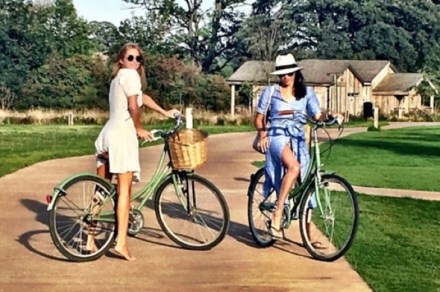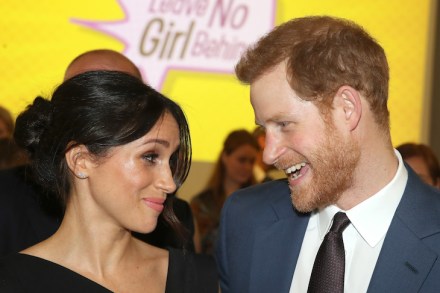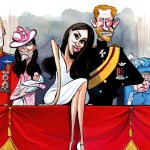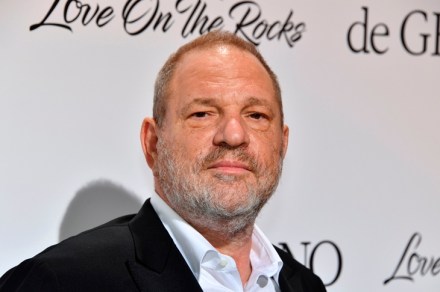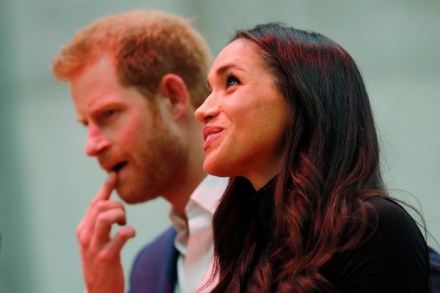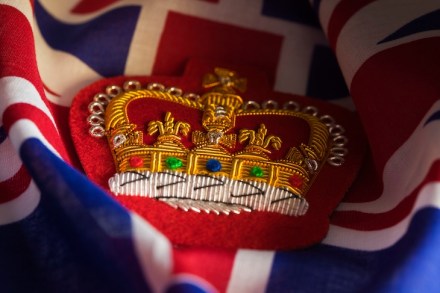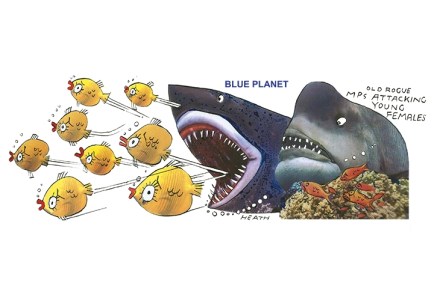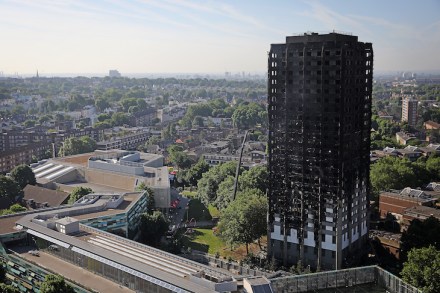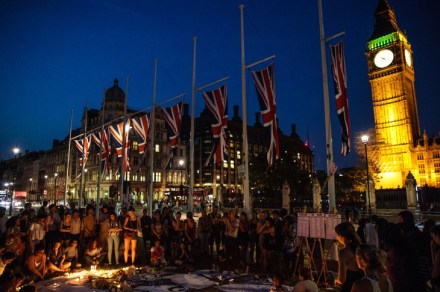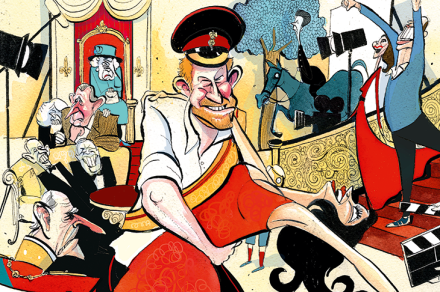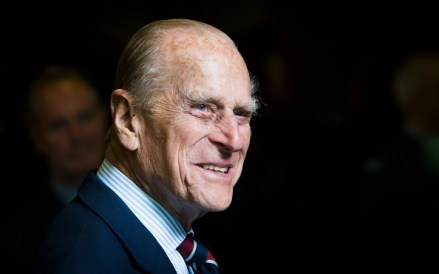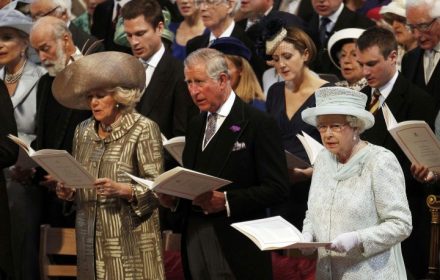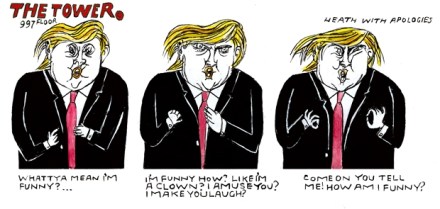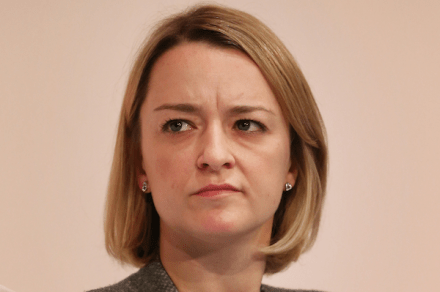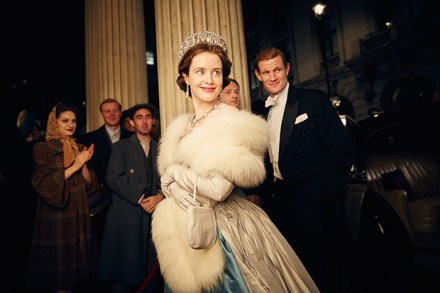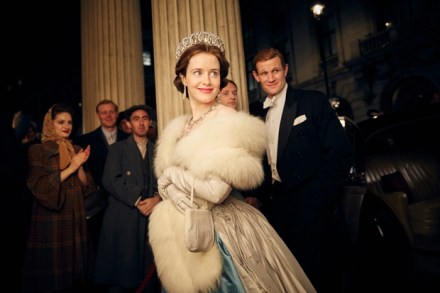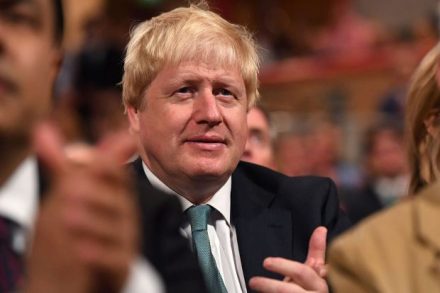The House of Soho
I have a phobia of wedding lists. They always seem very presumptuous. Friends ask for monstrous amounts of things that I’m sure they don’t really want. I look at their lists and my heart sinks. I know I should buy something, but what to choose from all the overpriced paraphernalia? I wonder if the guests of Prince Harry and Meghan Markle felt the same way when their royal wedding invitations arrived. It had been announced that the pair didn’t want presents and instead, donations should be made to seven charities that reflected their ‘shared values’. But then came the news that their ‘private’ wedding list would be held with Soho
